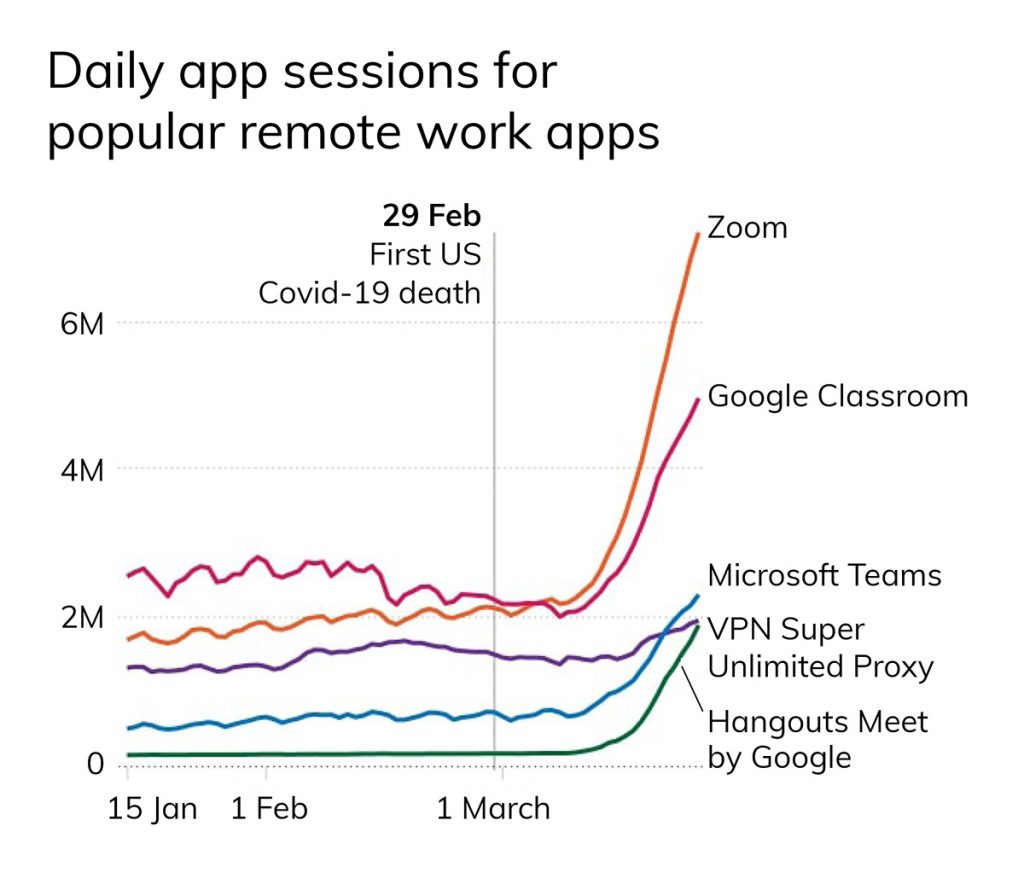The pandemic has shaken our fieldwork activities to the core, if by fieldwork we mean working ‘in the field’. Even though it can be very demanding, we should adapt – when possible – to the new reality, and learn from it, writes Matteo Marenco
'Can you hear me?'
'Well, not really… Can you?'
'Yes, I can; not sure whether it's your signal or mine… Let’s try to turn the video off'.
In these times of pandemic, such exchanges – once the exception – have become the norm. While social distancing has an impact on all sorts of meetings, it affects in particular research interviews to which mutual trust is so fundamental.
As a community of scholars, we must reflect on how to adapt our research strategies to current conditions. For those who rely on qualitative data, online interviews are a serious option worth considering. They can be problematic, yet also offer learning opportunities for our future work.

Interviews are first and foremost social processes based on human interaction. Kick-starter coffees matter. Ice-breaking comments on the surrounding environment matter. Empathy matters. Having severely affected such trust-generating elements, the pandemic has dramatically shaken our fieldwork activities. We used to work on material fields. Taking metros to reach interviewees, entering new buildings, shaking hands.
Suddenly, our field became intangible, fundamentally enabled by the internet. We used to talk to people. We now talk to screens where we can see people – provided the connection works properly.
Kick-starter coffees matter. Ice-breaking comments on the surrounding environment matter. Empathy matters
The meaning of 'field' has changed. From tangible to airy. From direct to mediated. The absence of a physical network in the field makes it more difficult to reach out to interviewees and observe the socio-political processes we are interested in. This poses problems for data collection and risks eventually undermining research outputs. Good-quality research, however, cannot stop – especially in these times of severe socioeconomic repercussions.
Faced with novel methodological and ethical problems, sharing experiences will be key. Not only does sharing have beneficial learning properties, it also helps us realise that we are not alone facing these issues. It's a revelation that often comes with relieving, burden-sharing sensations.
To foster mutual listening, we may start setting up peer-to-peer meetings expressly devoted to discussing fieldwork matters in times of virtual interviews. Our conversations ought to address practical issues, such as the impact of online interviewing on our methodological strategies, along with personal aspects such as how to feel at ease when sitting in front of a screen addressing an interviewee. Such questions need urgent answers.
More formally, we may also give more space to online interviews in our methodological seminars. This would especially, but not exclusively, help early career researchers.
Obviously, these initiatives would require physical attendance – if allowed. Our own departments, then, would probably be the best-suited places to kick off such a collective reflection.
Online interviews are something of a second best, primarily because of the lack of human interaction but also due to our relatively scant experience with them. How can we ensure, nonetheless, that they are still an appropriate methodological tool to conduct our research in a pandemic-stricken world? We ought to be constructive and discuss solutions to the aforementioned practical and personal questions.
Qualitative research strategies, especially, suffer from internet-dependent data collection. We should discuss pragmatic ways to get around the problem. In times of travel bans, one can start, for instance, simultaneously collecting interview data on more cases than usual. Instead of focussing on, say, one country at a time, one can concentrate on two or three. This comes with challenges, but it is a way to keep data collection going even during travel restrictions – especially when faced with tight time constraints.
Moreover, screen-mediated interviews can be alienating. We should try to embrace the fact that virtual and real meetings are just two different communication modes, and stop thinking and acting as if we were having face-to-face conversations. It is about changing expectations, making a cup of tea and sitting down comfortably!
As soon as a crisis hits, questions arise: What consequences will it have? Will we be able to restore our pre-crisis habits or not? If yes, how will we do it? In our case, we should ask – and I am sure many of us have already done so – what is the future of online interviews in the social and political sciences? Are they simply useful tools to cope with emergency times? Or are they here to stay?
Let me be clear: once the pandemic is under control, we will go back to face-to-face interviews as usual. Future data collection will not fundamentally depend on the internet, which is good news given the apparent limitations of online meetings.
online interviews can make a contribution to curtailing carbon footprints of research-related activities
The present adaptation period, however, is not a pointless effort. A good command of the intangible field can prove fruitful to our future work. First, some types of interviews, like background expert interviews that already count on an 'in-built' trust, could be conducted remotely more frequently than we do now – and with no loss of quality. Second, when distances are too far, locations are difficult to reach or time constraints are too severe, online may be the only option to talk to someone whose experience is central to our research. Last but not least, online interviews can make a contribution to curtailing carbon footprints of research-related activities.
The pandemic is a laboratory where we, as a society, have the chance to envisage new ways of living. In such a global experiment, we, as social scientists, have to reflect on our research strategies. While online interviews should not become our preferred choice, the pandemic offers us the opportunity to learn when quality data collection and physical distance can coexist. We should seize it.